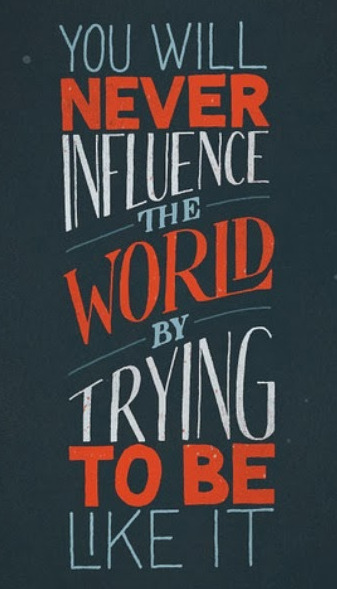We were on a call recently with an extended creative team generating ideas for client videos. During breaks, I found myself jotting down examples of important creative thinking skills the team was exhibiting. These seven creative thinking skills demonstrated during the call are ones that benefit both those who display them and those working with them too:
Combining two different ideas and making them better as one idea.
Often (maybe “almost always”) compromising on creative ideas leads to something nobody likes, recognizes, or thinks satisfies the original objective. Being able to dissect ideas to pull out highlights and put them together as something new, however, is entirely different, and a great skill to have.
Sticking to your guns amid challenges to a creative idea.
There are many creative ideas that, while being really cool, have nothing to do with what you’re trying to achieve and how you should be achieving it. When confronted with others who are passionately arguing for highly creative yet hardly strategic concepts, make and remake your case if the idea you’re advocating is on the mark strategically.

Suspending your own idea for another person’s concept.
It’s helpful to be able to come into a creative situation and demonstrate your willingness to champion another person’s idea. It can open the way to getting others to support your thinking, as well.
Putting your own idea to the same test you apply to another’s idea.
